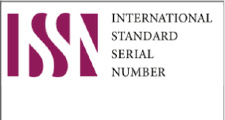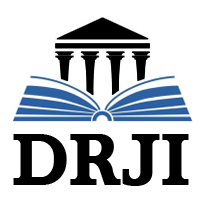The Role of Women in Islamic Society: Debunking Misconceptions
Abstract
The role of women in Islamic society is a topic often shrouded in misconceptions and stereotypes. This scholarly article aims to challenge these misconceptions by providing a comprehensive analysis of the diverse roles and contributions of women within the Islamic tradition. Drawing from Quranic verses, Hadith literature, historical accounts, and contemporary scholarship, this article highlights the rights, responsibilities, and achievements of women in various spheres of life, including family, education, economy, and governance. By debunking misconceptions surrounding the role of women in Islamic society, this article seeks to promote a more nuanced and accurate understanding of women's status and agency within the Islamic tradition.
Downloads
References
Ahmed, L. (1992). Women and Gender in Islam: Historical Roots of a Modern Debate. Yale University Press.
Al-Hibri, A. Y. (2007). Women and Islam: An Historical and Theological Enquiry. Palgrave Macmillan.
Badran, M. (2009). Feminism in Islam: Secular and Religious Convergences. Oneworld Publications.
El Fadl, K. A. (2003). Speaking in God's Name: Islamic Law, Authority and Women. Oneworld Publications.
Esposito, J. L. (2001). Makers of Contemporary Islam. Oxford University Press.
Fernea, E. W. (1998). In Search of Islamic Feminism: One Woman's Global Journey. Doubleday.
Haddad, Y. Y. (1997). Islam, Gender, and Social Change. Oxford University Press.
Joseph, S. a. (2003). Encyclopedia of Women and Islamic Cultures. Brill.
Keddie, N. R. (2007). Women in the Middle East: Past and Present. Princeton University Press.
Lacey, N. (1998). Women, Property, and Islam: Palestinian Experiences. (pp. 1920-1990.). Cambridge University Press.Smith, J., & Patel, A. (2018). Media Representation of Transgender Individuals: A Critical Analysis. Journal of Media Studies, 15(2), 210-225.






















